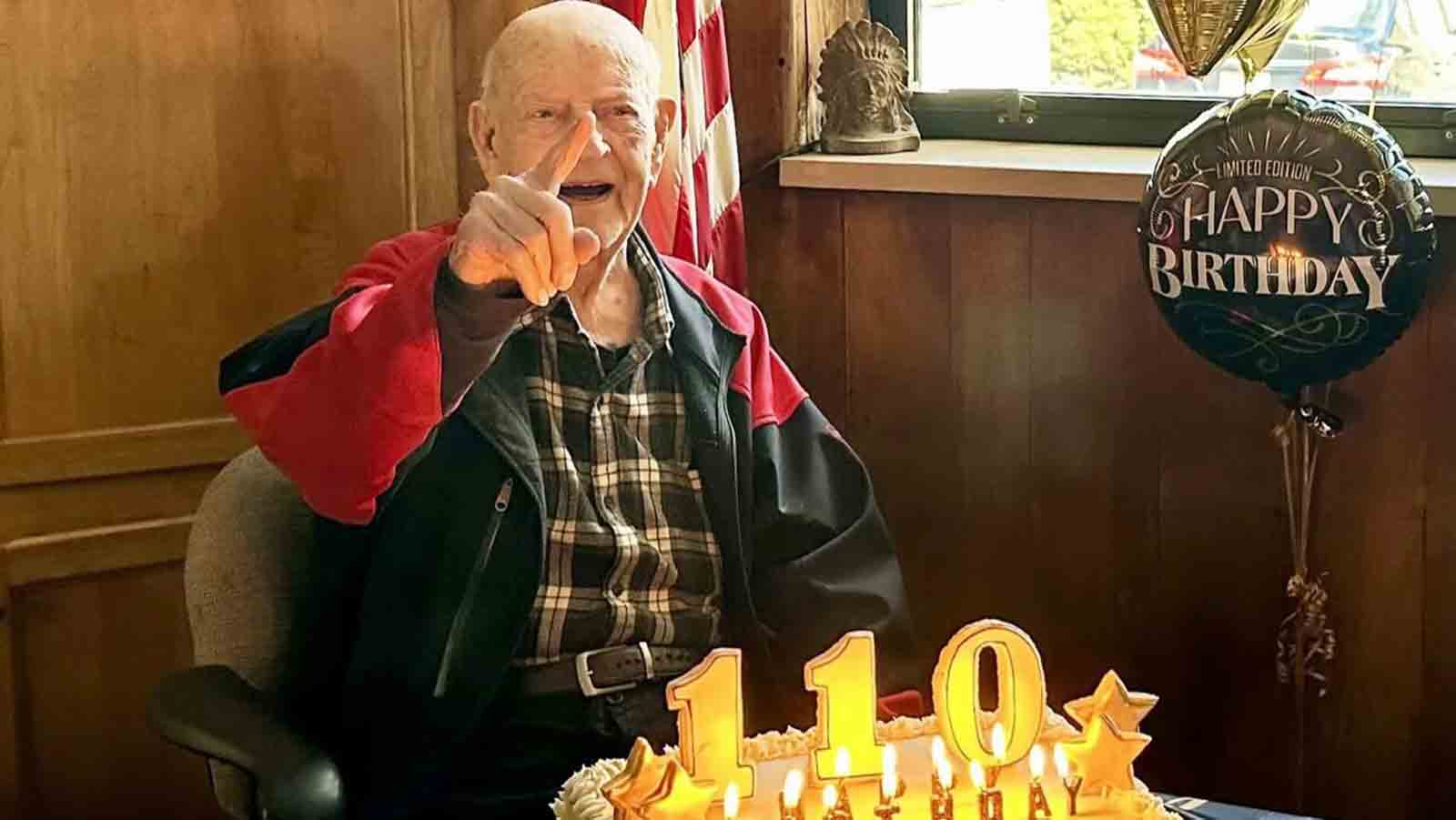Seniors are surviving longer than ever before and researchers are working on ways to make sure older adults can live healthier lives into their 80’s and 90’s, even when dealing with chronic diseases. Every year, 182,000 people have a heart valve replacement. And now many of those patients will need to have that valve replaced during their lifetime.
This February marks 34 years for John and Susan Bowler, an anniversary they didn’t know if they would make.
John’s wife, Susan Bowler says, “He’s had two heart surgeries. Two open-heart surgeries.”
Bowler’s first surgery at age 45 was a bypass. His second repaired a failing mitral valve. So, when he started having trouble walking his dogs, Tommy and Floyd, he knew it was life-threatening.
Get DFW local news, weather forecasts and entertainment stories to your inbox. Sign up for NBC DFW newsletters.
“I would go around, and I’d have to stop, you know, catch my breath,” Bowler said.
"He could barely walk 10 feet,” said Dr. Siddharth Wayangankar a structural interventionalist at Baptist Heart Specialists Jacksonville.
Another open-heart surgery was too risky, but timing was everything. A new FDA procedure gave Bowler a second chance to replace his already repaired mitral valve. Blood flows between the different chambers of the heart through valves. On the left side of Bowler’s heart, his mitral valve replacement was not working. A new procedure called transcatheter mitral valve in ring, or TMVIR, uses a catheter to replace a valve in the ring.
Health Connection
Get connected to a healthier life.
“The innovative factor about this procedure is that we have used the technology that's tried and tested in the aortic position," Wayangankar explained. "We take the same valve, we reverse it. We go from the right side of the heart to the left side, all transcatheter, all minimally invasive through the groin of the patient.”
The valve starts working immediately. Compared to open-heart surgery, patients recover quicker and feel better faster. Now Bowler is back on the right track, with Tommy and Floyd leading the way.
Bowler says he was refused by three surgeons for open-heart surgery. He was too high of a risk. Without this new minimally invasive procedure, he says there would have been little doctors would, or could, have done to save him.
Contributors to this news report include Marsha Lewis, Producer; Roque Correa, Videographer, Editor.




